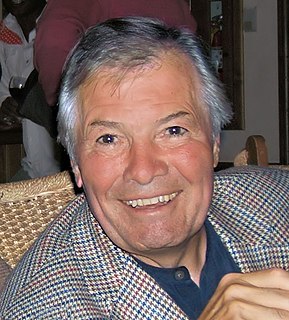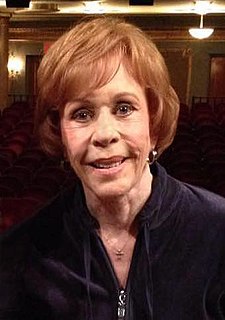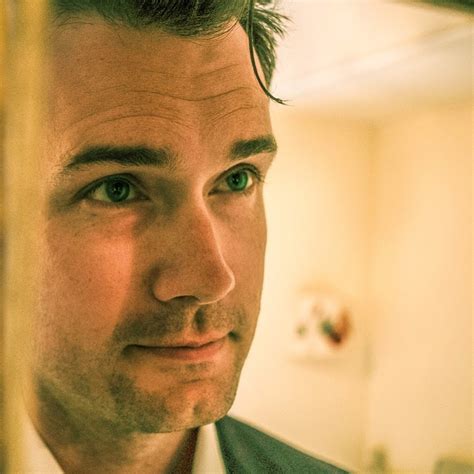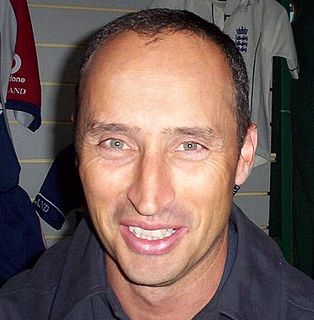A Quote by Kirstie Alley
I had the halfway house. I can't tell how many nights I spent around my kitchen table, soothing broken hearts.
Related Quotes
A light was on in the kitchen. His mother sat at the kitchen table, as still as a statue. Her hands were clasped together, and she stared fixatedly at a small stain on the tablecloth. Gregor remembered seeing her that way so many nights after his dad had disappeared. He didn't know what to say. He didn't want to scare her or shock her or ever give her any more pain. So, he stepped into the light of the kitchen and said the one thing he knew she wanted to hear most in the world. "Hey, Mom. We're home.
I have this table in my new house. They put this table in without asking. It was some weird nouveau riche marble table, and I hated it. But it was literally so heavy that it took a crane to move it. We would try to set up different things around it, but it never really worked. I realized that table was my ego. No matter what you put around it, under it, no matter who photographed it, the douchebaggery would always come through.
Young ladies may have been crossed in love, and have had their sufferings, their frantic moments of grief and tears, their wakeful nights, and so forth; but it is only in very sentimental novels that people occupy themselves perpetually with that passion, and I believe what are called broken hearts are a very rare article indeed.
For example, when I was writing Leviathan, which was written both in New York and in Vermont - I think there were two summers in Vermont, in that house I wrote about in Winter Journal, that broken-down house... I was working in an out-building, a kind of shack, a tumble-down, broken-down mess of a place, and I had a green table. I just thought, "Well, is there a way to bring my life into the fiction I'm writing, will it make a difference?" And the fact is, it doesn't make any difference. It was a kind of experiment which couldn't fail.




































